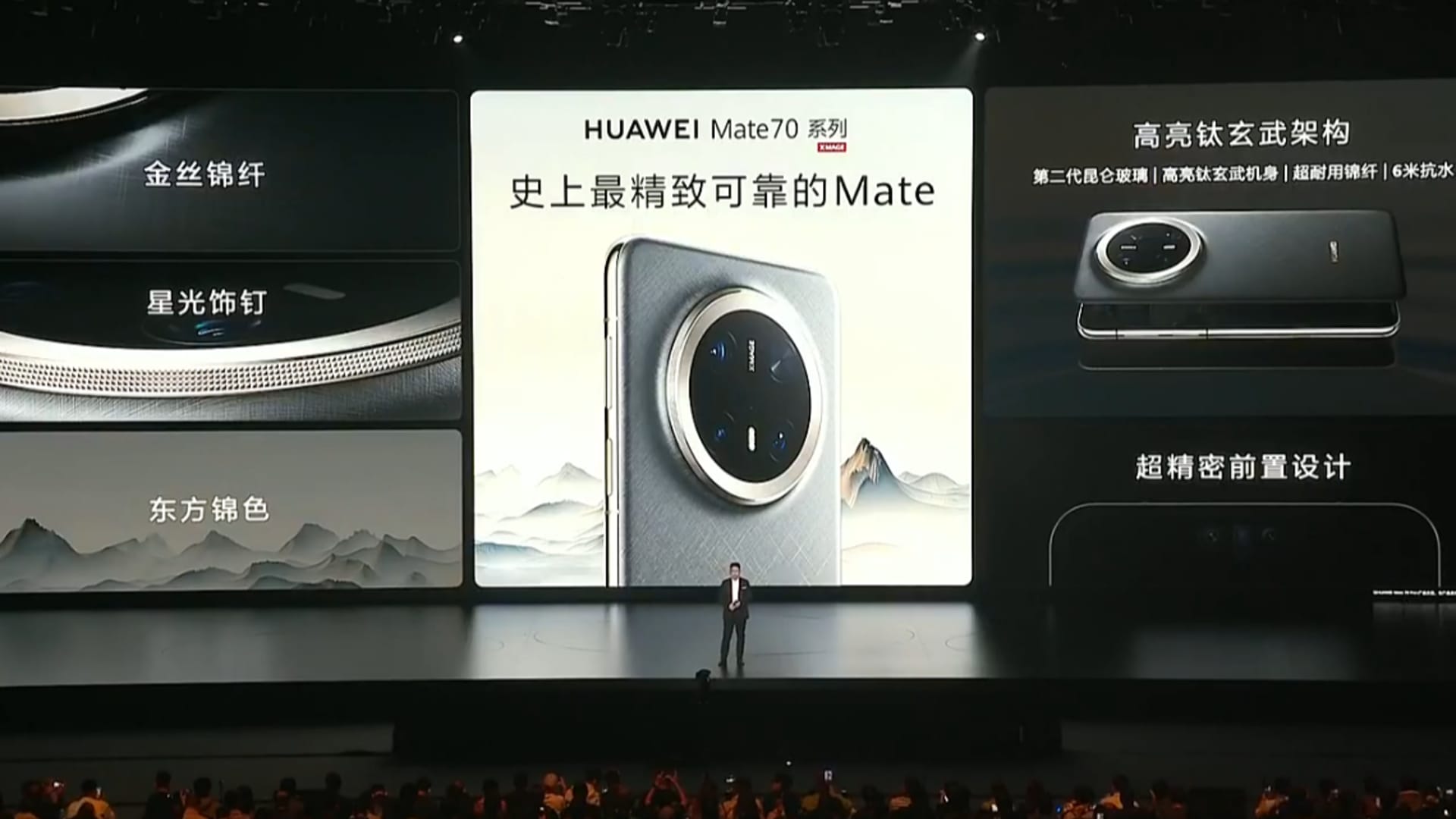The Federal Reserve’s inspector general is reviewing the Trump administration’s attempts to lay off nearly all Consumer Financial Protection Bureau employees and cancel the agency’s contracts, CNBC has learned.
The inspector general’s office told Sen. Elizabeth Warren, D-Mass., and Sen. Andy Kim, D-N.J., that it was taking up their request to investigate the moves of the consumer agency’s new leadership, according to a June 6 letter seen by CNBC.
“We had already initiated work to review workforce reductions at the CFPB” in response to an earlier request from lawmakers, acting Inspector General Fred Gibson said in the letter. “We are expanding that work to include the CFPB’s canceled contracts.”
The letter confirms that key oversight arms of the U.S. government are now examining the whirlwind of activity at the bureau after Trump’s acting CFPB head Russell Vought took over in February. Vought told employees to halt work, while he and operatives from Elon Musk‘s Department of Government Efficiency sought to lay off most of the agency’s staff and end contracts with external providers.
That prompted Warren and Kim to ask the Fed inspector general and the Government Accountability Office to review the legality of Vought’s actions and the extent to which they hindered the CFPB’s mission. The GAO told the lawmakers in April that it would examine the matter.
“As Trump dismantles vital public services, an independent OIG investigation is essential to understand the damage done by this administration at the CFPB and ensure it can still fulfill its mandate to work on the people’s behalf and hold companies who try to cheat and scam them accountable,” Kim told CNBC in a statement.
The Fed IG office serves as an independent watchdog over both the Fed and the CFPB, and has the power to examine agency records, issue subpoenas and interview personnel. It can also refer criminal matters to the Department of Justice.
Soon after his inauguration, Trump fired more than 17 inspectors general across federal agencies. Spared in that purge was Michael Horowitz, the IG for the Justice Department since 2012, who this month was named the incoming watchdog for the Fed and CFPB.
Horowitz, who begins in his new role at the end of this month, was reportedly praised by Trump supporters for uncovering problems with the FBI’s handling of its probe into Trump’s 2016 campaign.
Meanwhile, the fate of the CFPB hinges on a looming decision from a federal appeals court. Judges temporarily halted Vought’s efforts to lay off employees, but are now considering the Trump administration’s appeal over its plans for the agency.

 Economics7 days ago
Economics7 days ago
 Economics7 days ago
Economics7 days ago
 Finance7 days ago
Finance7 days ago
 Economics5 days ago
Economics5 days ago
 Economics7 days ago
Economics7 days ago
 Blog Post6 days ago
Blog Post6 days ago
 Personal Finance5 days ago
Personal Finance5 days ago
 Personal Finance6 days ago
Personal Finance6 days ago










